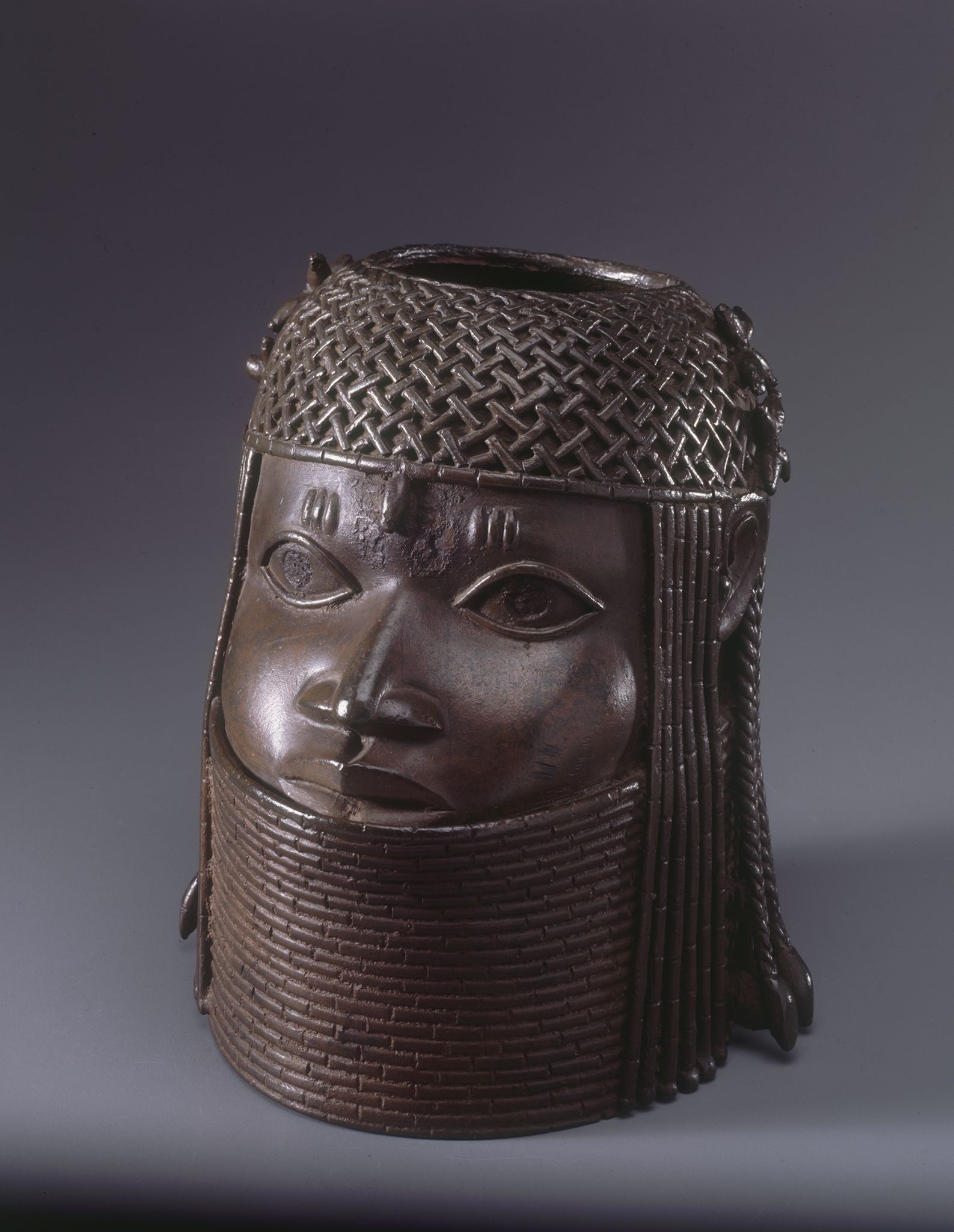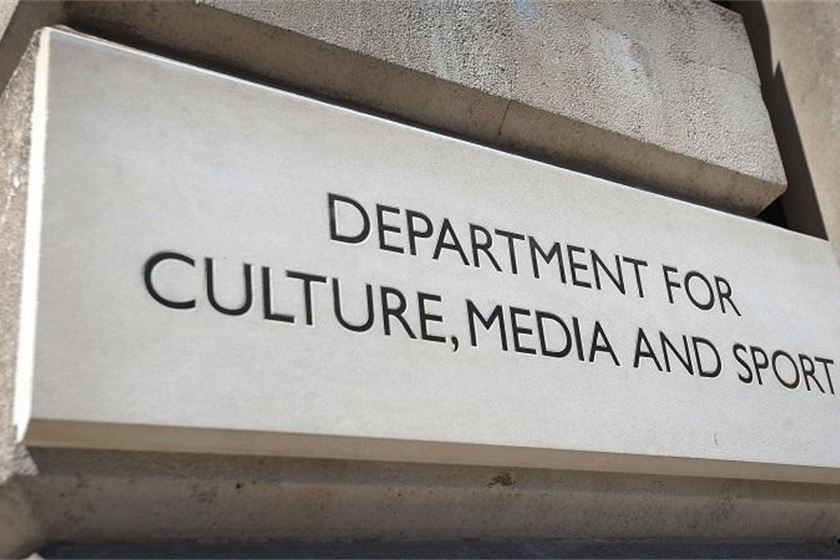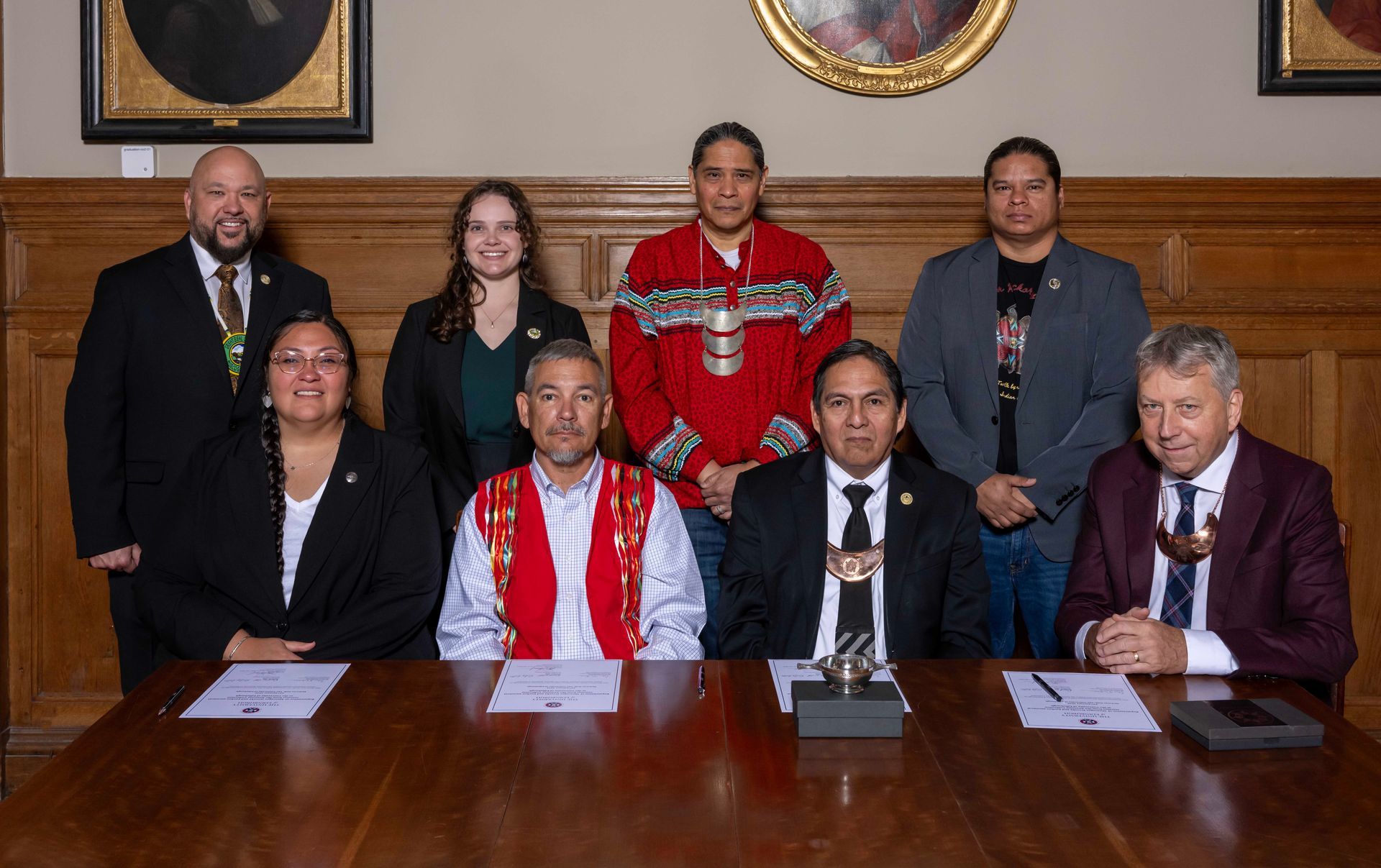Cultural Restitution
SHARE ARTICLE
Are there wider policy implications to the current lively debate to “retain and explain” controversial statues? Is it possible the same approach will apply to museum objects subject to claims for restitution?
Next Tuesday (23 February) culture secretary, Oliver Dowden, will sit down at a meeting with leaders of some of the UK’s top heritage bodies to "discuss contested heritage" and to spell out why they “must defend our culture and history from the noisy minority of activists constantly trying to do Britain down”.
We can safely assume he’s going to tell leaders from the National Trust, the British Museum, Historic England, Arts Council England and the National Heritage Lottery Fund that he won’t tolerate any deviation from a policy of explaining and contextualising problematic statues. He'll insist they “continue to act impartially, in line with your publicly funded status”.
The government has already made it clear they’re ready to ignore any public consultation or trustee review that deviates from their own view on how to celebrate our nation’s history.
It follows another controversial statement made by the minister last summer that government funding may be removed from organisations that don’t comply.
This is no isolated event. It could be interpreted as further evidence of an emerging government policy that prioritises continuity ahead of sensitivity, a policy that to many people reinforces the notions and legacies of an imperial past, rather than moving towards a fresh, more constructive approach to relations with our former colonies.
The same message was reinforced last month when Robert Jenrick, community and local government secretary, announced that full planning consent will be required to remove any of the UK’s 12,000 historical statues, plaques or memorials, on a temporary or permanent basis. Last week he wrote to the City of London Corporation warning their decision to re-site the Guildhall statues of William Beckford and Sir John Cass, both figures with links to slavery, puts the City’s “rich history” at risk. Really?
The Corporation’s decision was made after an extensive City-wide consultation that ended in favour of re-siting. Isn’t that exactly the kind of consultation the minister himself is recommending?
Communities may still be divided about the statue debate, but the government is not. Is it possible the government will extend the same policy of continuity to returning a former colony's cultural heritage?
Right now, the government has no overarching policy on restitution and we don't yet know what new guidelines the Institute of Art and Law will recommend to Arts Council England, due to be published later in spring. But if the government was to step in and impose the same policy of continuity, there'd be far-reaching curatorial implications. It would erode the long-held principle that government should operate at arm's length from national collections and it would seriously undermine the governance and fiduciary responsibilities of museum trustees. The wider responsibilities and objectivity of these trustees would be placed at risk.
Is there an alternative model that isn’t blind to the true history of colonial objects and builds on instead of turning its back on international relations and communities of source?
The answer may lie in the Netherlands.
In January, the Dutch government announced an altogether different approach, agreeing to adopt the recommendations of a government-appointed advisory committee tasked to look at restitution. This committee demanded “recognition that an injustice was done to the local populations of former colonial territories when cultural objects were taken against their will”.
Not only is the Dutch government prepared to commit funding for provenance research and to establish an independent committee to adjudicate claims, they're also prepared to return objects looted from Dutch colonies “unconditionally”. Furthermore, they’ve agreed to weigh up the claims of parties requesting the return of other objects of “cultural, historical, or religious importance”, whether or not there is evidence of looting.
Announcing the adoption of this report on 29 January, Ingrid van Engelshoven, the Dutch minister of education, culture and science, said “We must treat colonial collections with great sensitivity. There is no place in the Dutch State Collection for cultural heritage objects that were acquired through theft.”
This initiative puts the Netherlands much further ahead of other European countries making slower progress with their policies for restitution.
It’s a model the British government should evaluate seriously, not least for its introduction of sensitivity into international relations. Any other policy that dismisses the value of these relations and relies on 'continuity' risks UK progress on restitution grinding to a halt. .
Photo: Houses of Parliament
Courtesy of Wikimedia Commons
After this was written....
We understand the meeting that took place between the DCMS and England's national museums and heritage bodies was "polite but managed". There was no broad discussion when culture secretary Oliver Dowden reminded attendees they should remain impartial and not be beholden to a "vocal minority". But neither was there time allowed for questions. It was agreed that a working group would be formed to develop national guidelines on how culture and heritage bodies can put the government's policy of "retain and explain" into practice.
Some of those who attended this virtual meeting said afterwards they were satisfied that the importance of independence was underlined and not undermined. But others remain concerned, in particular, about government perceived interference into the arm's length principle and Code of Ethics. "It is not for ministers to impose what constitutes a legitimate subject for investigation or what the outcome of that research might be," said Sharon Heal, director of the Museums Association.
It's not clear how much of this work by the proposed new working group will overlap with the work already well-advanced by the sector-wide Decolonisation Guidance Working Group, convened by the Museums Association.



